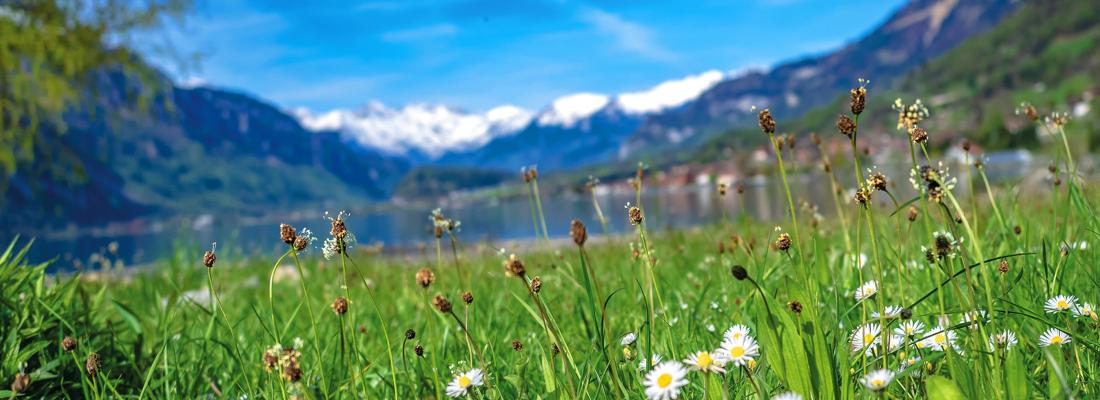Biodiversity Reading time 2 min
Press report - Putting biodiversity at the heart of INRAE's research: from diagnostics to solutions
Published on 02 September 2021

The current state of biodiversity, encompassing all levels of life from the gene to the individual, to the species and their populations, to species associations within ecosystems, is the outcome of biological evolution. As our world is increasingly subjected to shocks and crises, biodiversity has turned out to be essential to the resilience of ecosystems, food security and health. As a valued inheritance and a common good, it must be protected and restored both for its own sake and for the ecosystem services that depend on it. This does not mean that human societies should not benefit from the resources it has to offer – but only in a sustainable way.
With such rapid changes in environmental conditions taking place around us, INRAE’s scientists are working to understand the dynamics of biodiversity and the functions it supports in many ecosystems (including agroecosystems, forests and woodland, lakes and rivers, mountain ranges), at different spatial and temporal scales. They are keen to discover more about the multiplicity of mechanisms linking biodiversity with ecological processes and ecosystem services.
They are mobilizing knowledge and know-how to devise ways to halt the erosion of biodiversity and encourage its recovery. Their fields of application are wide-ranging, from the development of agroecology to achieve more sustainable and resilient production systems in the face of climate change to the restoration of ecological continuity in all habitat types, ecosystem adaptation to climate change, with a particular focus on forests, and the battle against alien invasive species. This work is being accomplished in partnership with local stakeholders to co-design and implement nature-based solutions, that is, actions to protect, sustainably manage, and restore natural or modified ecosystems, that address societal challenges effectively and adaptively, simultaneously providing human well-being and benefiting biodiversity.


Link
IUCN World Conservation CongressThe International Union for the Conservation of Nature (IUCN) and the French government are organising a hybrid in-person and virtual World Conservation Congress, in Marseille.
